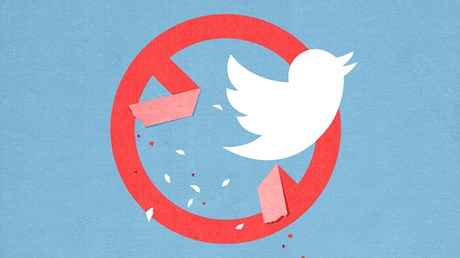As leaders, how do we avoid the faults of online life without shirking our public responsibility?

Recently, Caitlin Flanagan argued in The Atlantic that we really need to quit Twitter. She joins a long line of people who’ve sworn off the medium (at least for a time). Andrew Sullivan, Chrissy Teigen, Alec Baldwin, and other celebrities have publicly quit social media. Ta-Nehisi Coates famously left Twitter (and his 1.25 million followers) after an online argument with Cornel West in 2017.
In her essay, Flanagan examines how Twitter destroyed her “ability for private thought” and enjoyment of reading. She even admits to being a Twitter addict.
I am too. I have committed a thousand times to take a break from social media, just to find myself sneaking a look, consumed by shame, as if I huffed some glue real quick between work and picking up the kids. There are nights when I’m up too late, reddened eyes locked onto a screen, finally shaking myself out of my stupor with a cry: “Why am I doing this?”
We’ve all heard the studies. Social media decreases our ability to think critically, increases rates of depression, and fuels anxiety and distraction. Facebook and Twitter often make our conversations more combative. And online advocacy often usurps the more enduring (and more boring) work of governance and institutional change.
Nevertheless, most public discourse is now online. So even if social media is a cesspool, we still have to ask the question: Do some Christians have a moral responsibility to wade into the mire to voice opposition to bad legislation, promote good work, or amplify the concerns of the marginalized?
To cite one particularly disheartening example, sexual abuse victims of a lay leader in my own denomination took to Twitter this summer to highlight the ways leaders and systems ...
from Christianity Today Magazine
via


.gif)

.gif)
.gif)
